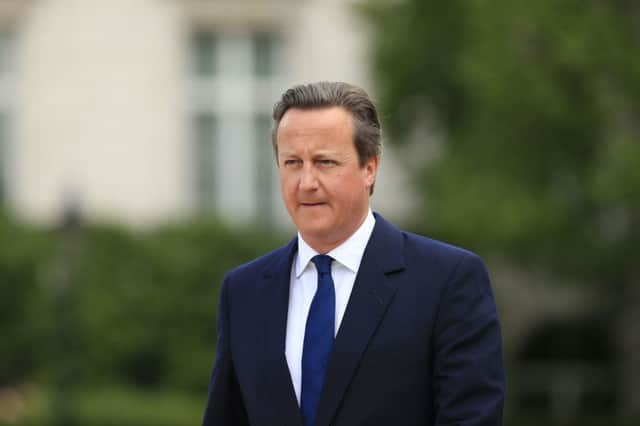Companies pressed to increase apprentice numbers


The Government will ask business for its views on a new levy, first proposed in July’s Budget and designed to raise money to invest in more apprenticeships.
In an attempt to combat accusations that much of the training branded as apprenticeships is actually of low quality, a series of new industry standards is also being published.
Advertisement
Hide AdAdvertisement
Hide AdThe Prime Minister said: “The greatest asset any employer has is their workforce. And by investing in them, they are investing in the success and future of their business.
“As a One Nation government, we are committed to supporting three million quality apprenticeships over the next five years – to help strengthen our economy, deliver the skills that employers need and give millions more hardworking people financial security and a brighter future.”
The measures announced today are designed to help deliver the Government’s promise to create three million apprenticeships by 2020.
From next month, Government contracts worth more than £10 million will only be awarded to companies which “demonstrate a clear commitment to apprenticeships”.
Advertisement
Hide AdAdvertisement
Hide AdTransport Secretary Patrick McLoughlin will also promise today to support the creation of 30,000 apprenticeships in the road and rail industries over the next five years.
The new apprenticeship standards set out the skills expected by employers in a wide range of industries.
But it is the plan for major companies to pay a levy to fund apprenticeships which will prove most controversial.
Employers expressed concerns about the proposals when they were first announced in George Osborne’s July Budget and companies will be looking for more detail on how the levy will work when the Government publishes a consultation document today.
The apprenticeship levy is due to come into effect in 2017.